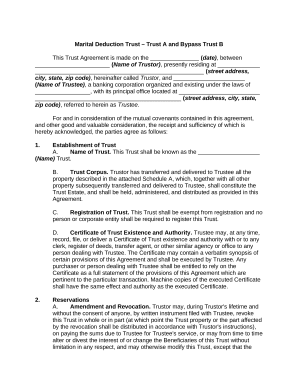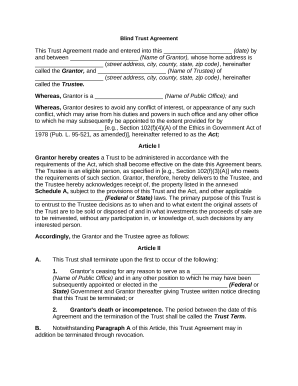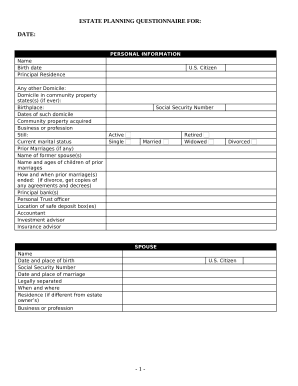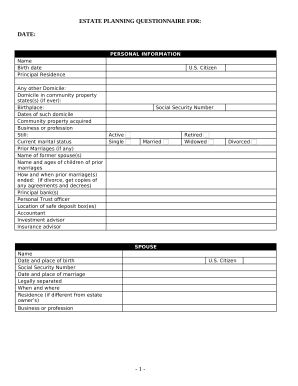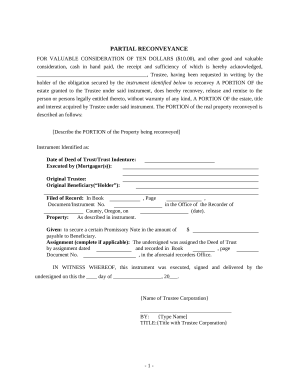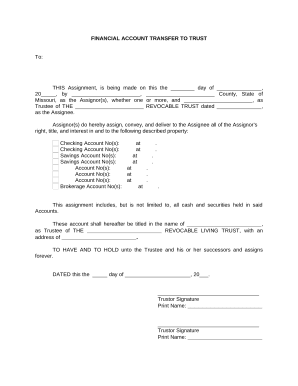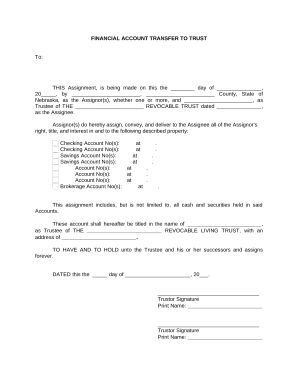Improve your work productivity with Financial Estate Planning
Record administration takes up to half of your office hours. With DocHub, you can reclaim your time and boost your team's productivity. Get Financial Estate Planning category and check out all form templates related to your daily workflows.
Effortlessly use Financial Estate Planning:
- Open Financial Estate Planning and use Preview to get the relevant form.
- Click Get Form to start working on it.
- Wait for your form to upload in our online editor and begin modifying it.
- Add new fillable fields, icons, and images, adjust pages order, and many more.
- Complete your template or prepare it for other contributors.
- Download or deliver the form by link, email attachment, or invite.
Accelerate your daily file administration with our Financial Estate Planning. Get your free DocHub account right now to discover all forms.

